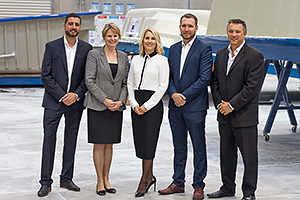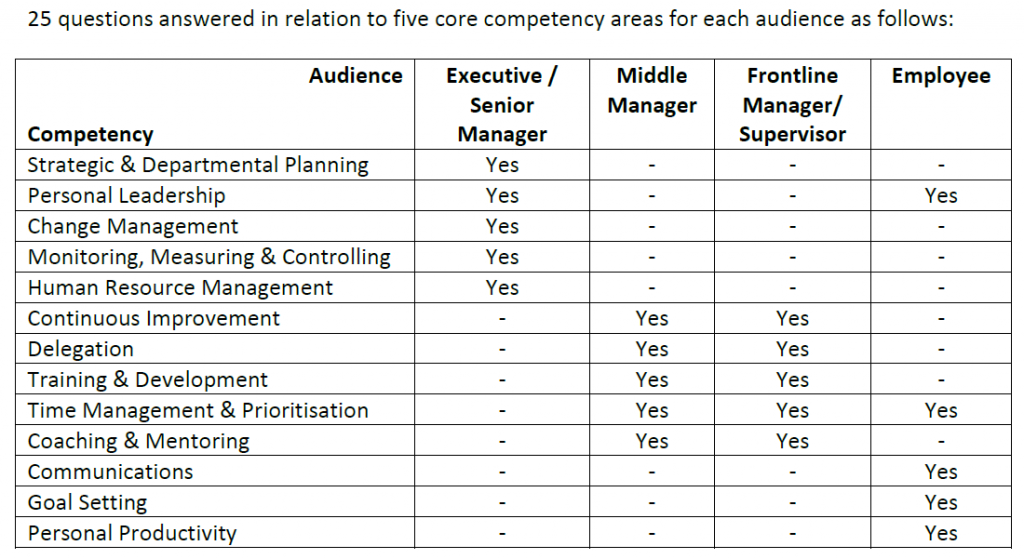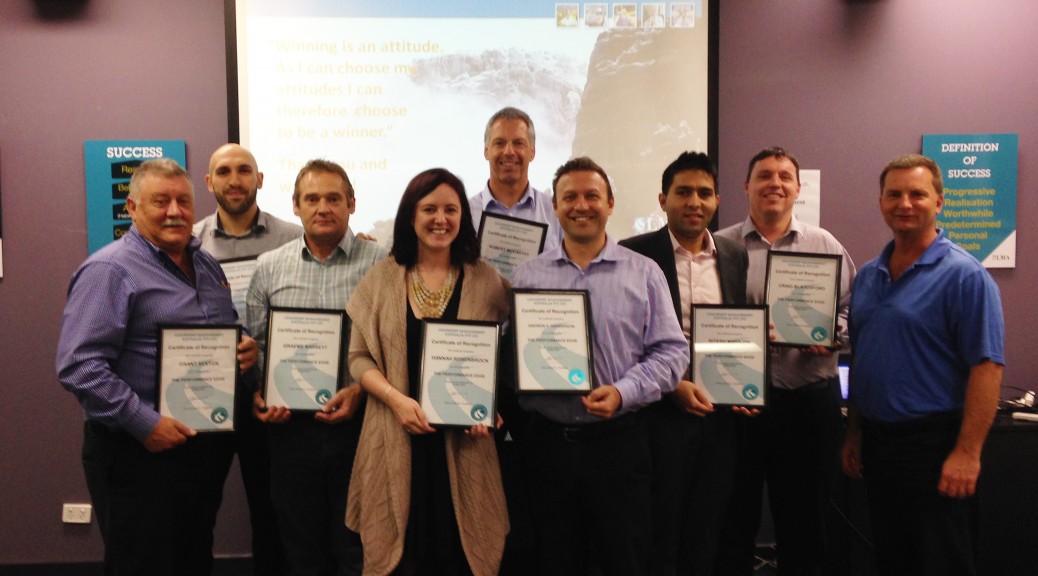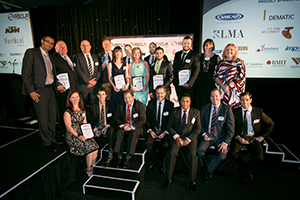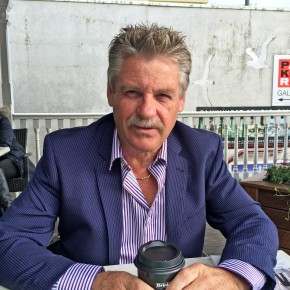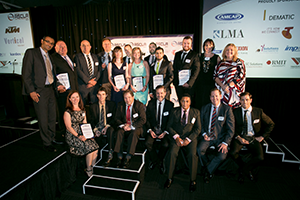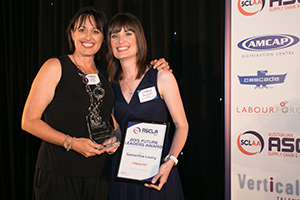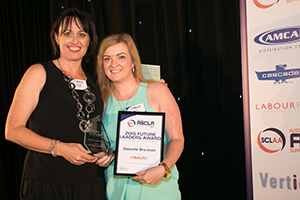In 2015, the Supply Chain & Logistics Association of Australia (SCLAA) Awards recognised three outstanding performers in the industry with the Future Leaders Award. As part of the acknowledgement for their hard work and talent, joint winners Samantha Lowry, Senior Procurement Advisor, Department of Education & Training and Danielle Brennan, Category Specialist, Stanwell Corporation were awarded with an opportunity to partake in Leadership Management Australia’s ‘The Performance Edge’ course. Joining them on the personal development journey was High Commendation Future Leader recipient Nathan Barrett, National Health and Safety Manager for Young Guns Container Crew.
With their own set of goals, expectations and aspirations, all three industry leaders entered ‘The Performance Edge’ as upcoming leaders, but all left with a greater sense of their own potential and actions for the future.
For High Commendation winner Nathan Barrett, the opportunities ‘The Performance Edge’ could offer were numerous, ‘I wanted to challenge myself to become a formal leader within my business and to further challenge ourselves as a Health & Safety team to lead the way in all aspects of our business,’ Nathan explains.
Nathan’s dedication to rise to a challenge has taken him into ‘The Performance Edge’ course, a program traditionally only awarded to Future Leaders winners, and on to achieve more than even he had thought possible.
‘I didn’t really know what to expect, I entered the course with an open mind as to the opportunities that would be afforded,’ Nathan says.
‘I was very poor at documenting goals and pulling them apart into individual steps, coordinating them in sequence and then executing them. ‘The Performance Edge’ has allowed me to see the value in documenting goals, breaking them down into manageable tasks and then completing them.
This has allowed me to organise myself and see progression with my team, rather than simply waiting for the outcome and then discussing whether we hit or missed the target,’ Nathan says.
Similarly for Danielle, the course allowed her to take stock of the way she achieved tasks, and how she could improve her processes to achieve even more.
‘Prior to commencing ‘The Performance Edge’ course I had heard from professional associates that it was beneficial on a time management front. I had expected to improve my time management, but not as much or as far as Leadership Management Australia made possible,’ Danielle explains.
‘Admittedly, prior to ‘The Performance Edge’ I was not a good goal setter. I achieved a lot, but I had never sat down and thought about my long term goals and how I would achieve them.
I am now achieving the big, audacious tasks, by breaking them down and using the goal setting framework Leadership Management Australia teaches,’ Danielle says.
Not one to sit on the sidelines, decision maker and go-getter Samantha also found new focus through the course, ‘I was practiced in goal setting, however setting focus goals each week improved my current practices,’ she says.
With her recent completion of a Diploma of Government (Procurement and Contracting) and career aspirations of becoming a chief procurement officer, Samantha is well on her way, ‘I am focused on balancing all areas of my life now,’ she says. ‘In the next 12 months I hope to see myself and my team become more productive, and to expand my procurement experience beyond the ICT category.’
As ‘The Performance Edge’ covers a wide array of material, each of the participants finished the development journey with a different stand-out takeaway lesson.
‘Prior to this course I would set a task list each day,’ Danielle says. ‘Each day I would receive ‘more important’ tasks from others, and acceptance of these tasks would disrupt my day plan. Since undertaking ‘The Performance Edge’ course, I now know what my High Payoff Activities are. The course has also assisted with my mindset towards goals, and how the power of positive affirmation can assist with goals being achieved,’ she says.
Always aiming for the next step forward, Samantha is determined to continue applying the time management skills learnt throughout the course, ‘I valued gaining more knowledge into how to manage my time better, and learning how to say no when I need to,’ she says.
For Nathan, the lessons learnt during the course carry over into his team as well, ‘I’ve already seen an increase in quality of work from all of my team members. My biggest takeaway from the course was that previously I expected my team to perform to my expectations, without giving them the full knowledge of ‘why’ they were being asked to do what they were doing…now I try to ensure that my team is fully aware of business goals, expectations and direction so that they have an overall picture of what needs to be done to achieve the required outcome,’ he says.
With the skills and knowledge gained from ‘The Performance Edge’ now a part of these Future Leaders personal and professional toolkit, the future looks bright and sure to be filled with more achievements and milestones to come.

